People
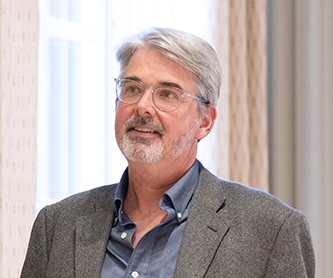
Adrian Treves
Professor and Founder of the Carnivore Coexistence Lab
Adrian Treves conducts independent research and advocates for future generations of all life, for scientific integrity, and for sovereign publics worldwide. He studies and speaks about the public trust doctrine and intergenerational equity around the world More on public trust doctrines and intergenerational equity here. Adrian earned his PhD at Harvard University in 1997 and is a Professor of Environmental Studies at the University of Wisconsin–Madison and director of the Carnivore Coexistence Lab since 2007. For the past 27 years, his research focuses on ecology, law, and human dimensions of ecosystems in which crop and livestock ownership overlaps the habitat of large carnivores from coyotes up to grizzly bears. He has authored >133 scientific papers on predator-prey ecology or conservation.
Wikipedia page for Adrian.
Read a recent interview with Adrian.
Address:
30A Science Hall
550 N. Park Street
Madison, WI 53706
Phone: (608) 890-1450
Email: atreves [at] wisc.edu
Google Scholar profile here
The University of Wisconsin–Madison occupies ancestral Ho-Chunk land, a place their nation has called Teejop (day-JOPE) since time immemorial. In an 1832 treaty, the Ho-Chunk were forced to cede this territory. Decades of ethnic cleansing followed when both the federal and state government repeatedly, but unsuccessfully, sought to forcibly remove the Ho-Chunk from Wisconsin. This history of colonization informs our shared future of collaboration and innovation.Today, UW–Madison respects the inherent sovereignty of the Ho-Chunk Nation, along with the eleven other First Nations of Wisconsin.
We try to be transparent about our values as explained on our Worldviews page.
Advice to prospective or beginning students on research topics
Benefits for grad candidates to consider.
Click here to see where we work
Post docs
Honorary post-doctoral associates (Zero-dollar appointments): Naomi Louchouarn, Brian Schuh, Karann Putrevu.
Graduate Students
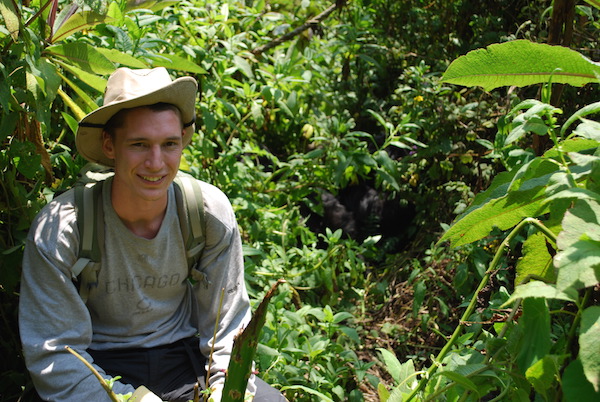 Drew Bantlin, M.S. 2016, Ph.D. candidate4
Drew Bantlin, M.S. 2016, Ph.D. candidate4
Drew earned his M.S. in 2017 in Environment and Resources from UW-Madison. Drew's research focuses on the effect of African lion reintroduction to Akagera National Park, Rwanda. He is exploring the trophic cascade hypothesis, that top carnivores have top-down influence on other species in an ecosystem. He is examining how lions may influence the behavior of other species in the park, which may in turn have effects on plant communities and ecosystem processes. Much of his field work involves direct observations of the lions and their prey, camera trapping, and analysis of GPS collared animals. In addition to research, Drew also assists Akagera with other research projects, including assisting with monitoring the newly reintroduced black rhinos, conducting population surveys on the ground and in the air, and collecting data on the demographics of elephants, giraffes, hyenas, and leopards. Prior to coming to Akagera, Drew has had field experience working with gray wolves, mountain gorillas, chimpanzees, and numerous monkey species.
Bantlin, Drew A. 2018.Reintroduction of African Lions to Akagera National Park, Rwanda.
Global Reintroduction Perspectives, 2018: Case Studies from around the Globe, by Pritpal S. Soorae, 6th ed.
 Allison Fisher, Ph.D. Candidate
Allison Fisher, Ph.D. Candidate
Allison, originally from Boulder, Colorado, completed her Bachelor of Science in Biology from the University of Hawaii at Manoa in 2022. She has worked as a post-baccalaureate research assistant for various projects with the university and the Bernice Pauahi Bishop Museum. These include whole-genome sequencing of SARS-CoV-2 (COVID-19) viral samples, molecular phylogenetics and taxonomy of Asterophryinae frogs from Papua New Guinea, and population genetics for sea urchins across the South Pacific. In her graduate studies, she hopes to explore various ecological dynamics of human-carnivore coexistence in North America and Rwanda, potentially integrating her experience with genetic methods.
 Meghan Hills,Ph.D. Candidate
Meghan Hills,Ph.D. Candidate
Meghan’s research interests lie at the intersection of human-wildlife coexistence, landscape ecology, and spatial ecology on multi-use landscapes of sub-Saharan Africa. With an interdisciplinary background that spans conservation biology, behavioral science, and geospatial modeling, she’s committed to conducting integrative research that advances pragmatic coexistence strategies through collaboration with local communities. To this end, she’s studying Swahili as a Foreign Language and Area Studies Fellow at UW-Madison while planning for a 2025 field season in Rwanda to investigate the permeability of wildlife barriers around a national park. Prior to UW-Madison, Meghan received an M.Sc. in Environmental Science from the Yale School of the Environment and a B.S. in Biology from the University of Texas at Austin. Her past research explored mid-pandemic wildlife consumption in Vietnam, chronic wasting disease management in the Northern Rockies, and white-tailed deer herds’ spatial dynamics in Texas.
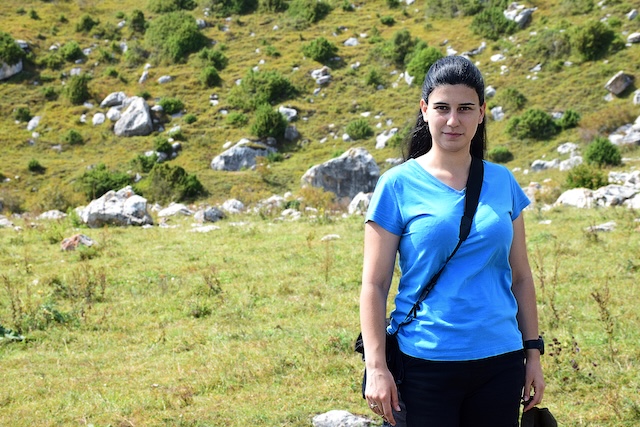 Astghik Markosyan, Ph.D. Candidate
Astghik Markosyan, Ph.D. Candidate
Astghik's research focuses on ecology and human dimensions of gray wolf coexistence in Armenia. Her work aims to connect ecological and social aspects of human-wildlife interactions. By identifying conflict hotspots, assessing the effectiveness of current mitigation measures, and developing situation-specific coexistence strategies, her research goal is to balance wolf preservation with the needs and livelihoods of rural communities. Astghik received her bachelor's and first master's degrees from Yerevan State University, where she studied human-wildlife conflict in Armenia, and completed a second master’s degree as a Fulbright Scholar at Colorado State University, where she worked on wolverine reintroduction in Colorado.
Grad Packet
for use within the UW G suite, find a living document you can edit as we learn together about the graduate career.Undergraduate research assistants
Field assistants
Bog Pack & Landowner Coexistence Projects.
Olivia Deering (field director 2024-2025)
Alex Seaborg (field director 2023-present)
Molly O'Neill (2025-present)
Aiden Finn Schneider (2025-present)
Joey Schwirtz (field director 2023-2024)
Atmospheric Trust Litigation map project & Juliana v USA summarized 2015-2025
Graham Stier (project coordinator 2023-2025)
Amneet Kaur
For UW staff and students, click here for an interactive map and one-page explanation of the project. (Requires UW NetID to log in.) Also, for a summary of the ten-year history of Juliana v USA (Youth plaintiffs sue the US government on climate policy, see this report by Amneet Kaur.
Kaari Hostler
Natala Vonarburg
Email atreves at wisc.edu for an example of our work on Constitutional protections for the biosphere and CO2.
Affiliates and Graduates
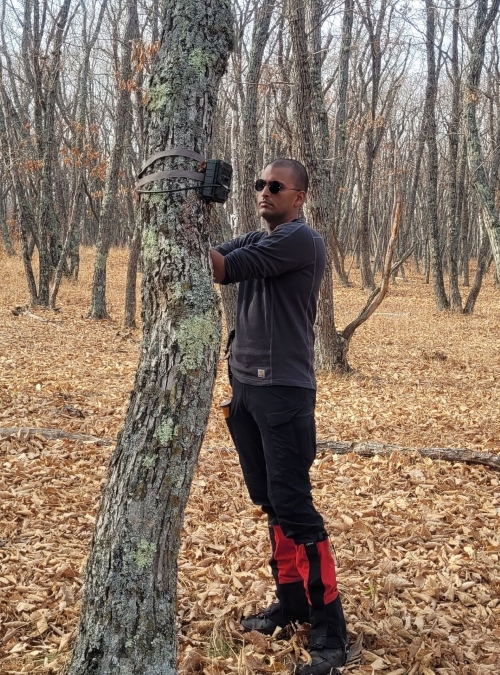 Karann Putrevu (Ph.D. 2025)
Karann Putrevu (Ph.D. 2025)
Karann Putrevu's PhD dissertation, entitled Large Carnivores: Case studies on nonlethal effects, population monitoring, and responses to prey depletion.
See his CV here
 Brian Schuh, Professional Masters in Environmental Conservation 2018 and PhD 2024.
Brian Schuh, Professional Masters in Environmental Conservation 2018 and PhD 2024.
Brian Schuh's PhD dissertation, entitled "An Experimental Evaluation of Cheetah (Acinonyx jubatus) Reactions to Sound Playbacks of Domestic Animals and Correlations between Humans’ Attitudes towards Carnivores and their Accuracy of Species Identification.

Alexandra Pineda Guerrero, Professional Masters in Environmental Conservation 2016 and PhD 2023. Alicia Alexandra Pineda Guerrero's PhD dissertation, entitled Human-Carnivore Coexistence: The Functional and Perceived Effectiveness of Solar Lights, and Attitudes Toward Jaguars and Pumas in Colombia .
 Dr. Naomi Louchouarn, Ph.D. 2023, post-doc 2023-2024.
Dr. Naomi Louchouarn, Ph.D. 2023, post-doc 2023-2024.
Naomi won the Nelson Institute's Rising Star Alumni ward in 2024. .
Naomi Louchouarn's PhD dissertation entitled Don’t judge the roar by its echo: Tests of assumptions, tools and policies for human-carnivore coexistence in North America.
See her CV here
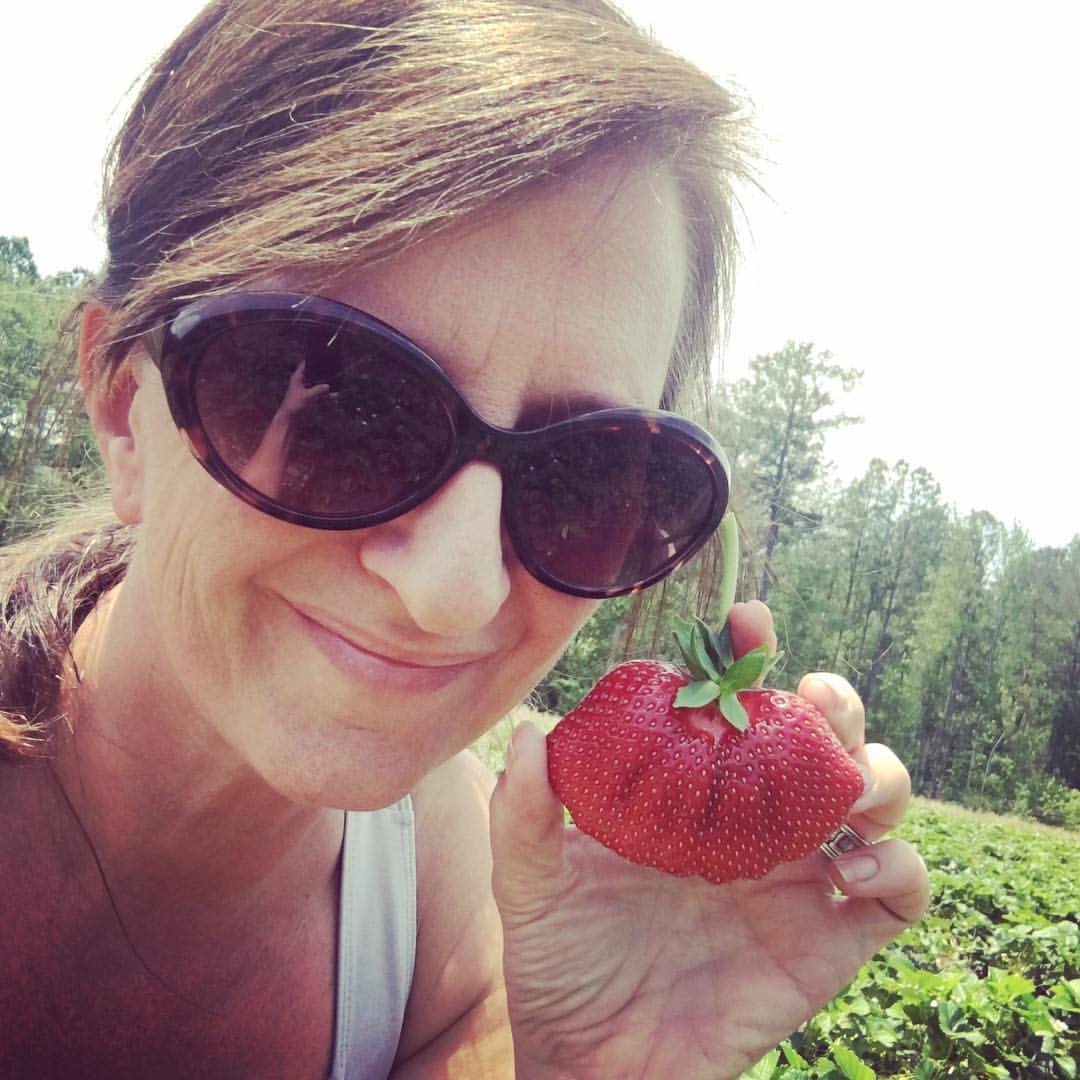 Dr. Suzanne Agan (Ph.D. from Antioch University of New England)
Dr. Suzanne Agan (Ph.D. from Antioch University of New England)
Suzanne is working on the human dimensions and spatial ecology of poaching and implications for red wolf survival in North Carolina.
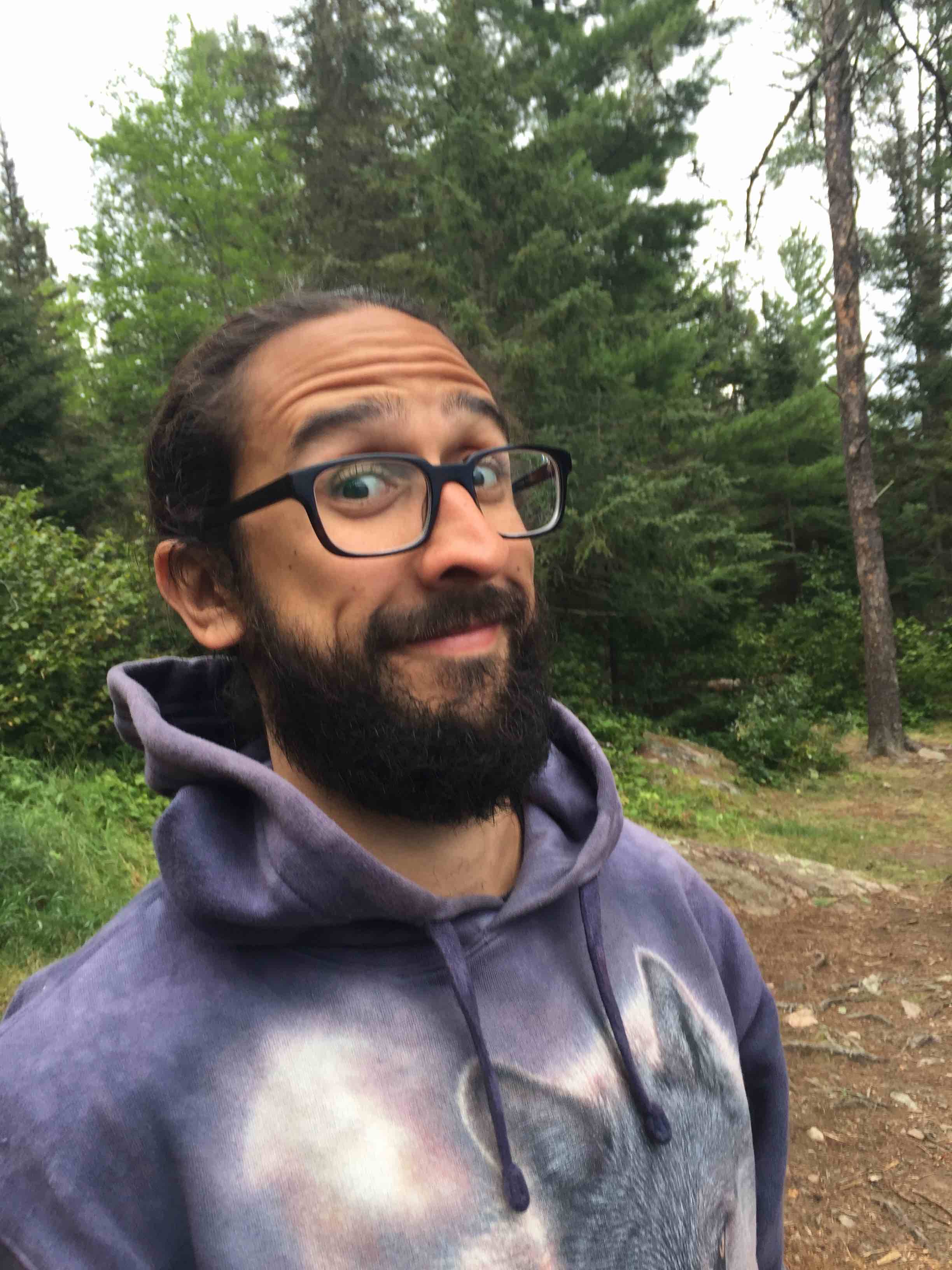 Dr. Francisco Santiago-Ávila, Ph.D. 2020, post-doc 2020-2021.
Dr. Francisco Santiago-Ávila, Ph.D. 2020, post-doc 2020-2021.
Fran won the Nelson Institute's Rising Star Alumni award: in 2023.
Francisco Santiago-Ávila's PhD dissertation was composed of two published chapters (see below for his lead authorship of two articles in 2018) and a single chapter on animal ethics and philosophy, see Santiago-Avila FJ, Lynn WS. Bridging compassion and justice in conservation ethics. Biol Conserv. 2020;248:108648.
See his CV here

Omar Ohrens, M.S. 2013, Ph.D. 2018, post-doc 2019.
Omar Ohrens' PhD dissertation, entitled Coexistence between people and carnivores in Chile.
Congratulations to recent graduates
Karann Putrevu, PhD, 2025
Brian Schuh, PhD, 2024
Alicia Alexandra Pineda Guerrero, PhD, 2023
Naomi Louchouarn, PhD, 2023, post-doc 2023-2024
Samuel Hermanstorfer, MS, 2023
Abigail M. Fergus, MS, 2020. Also see their work on a Ma'iingan (Wolf) Relationship Plan.
Francisco Santiago-Ávila, Ph.D. 2019, post-doc 2021
Omar Ohrens, M.S. 2013, Ph.D. 2018, post-doc 2019
Drew Bantlin, M.S. 2016
Jamie Hogberg, M.S. 2014
Professional Masters in Environmental Conservation 2012–present
Brian Schuh, 2018
Elena Jove-Edens, 2017
Alexandra Pineda Guerrero, 2016
Naseem Sultani, 2015
Paula Henriquez, 2014
For older records, email Adrian Treves